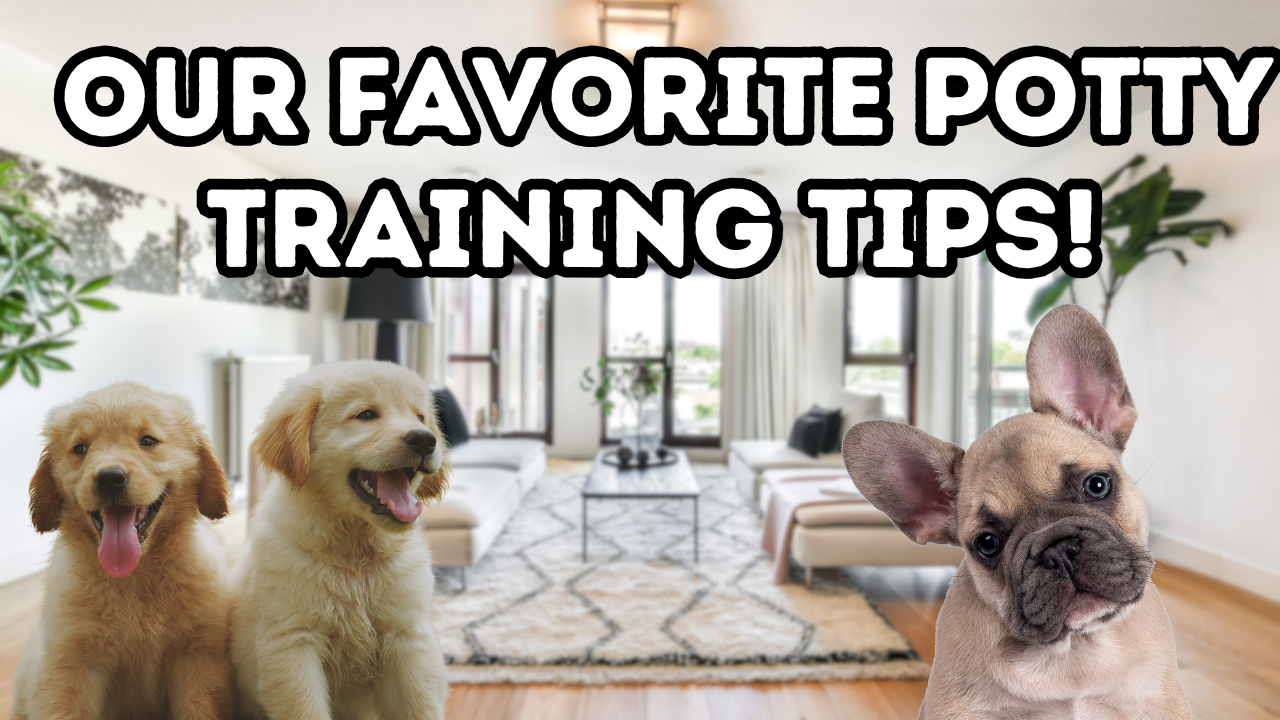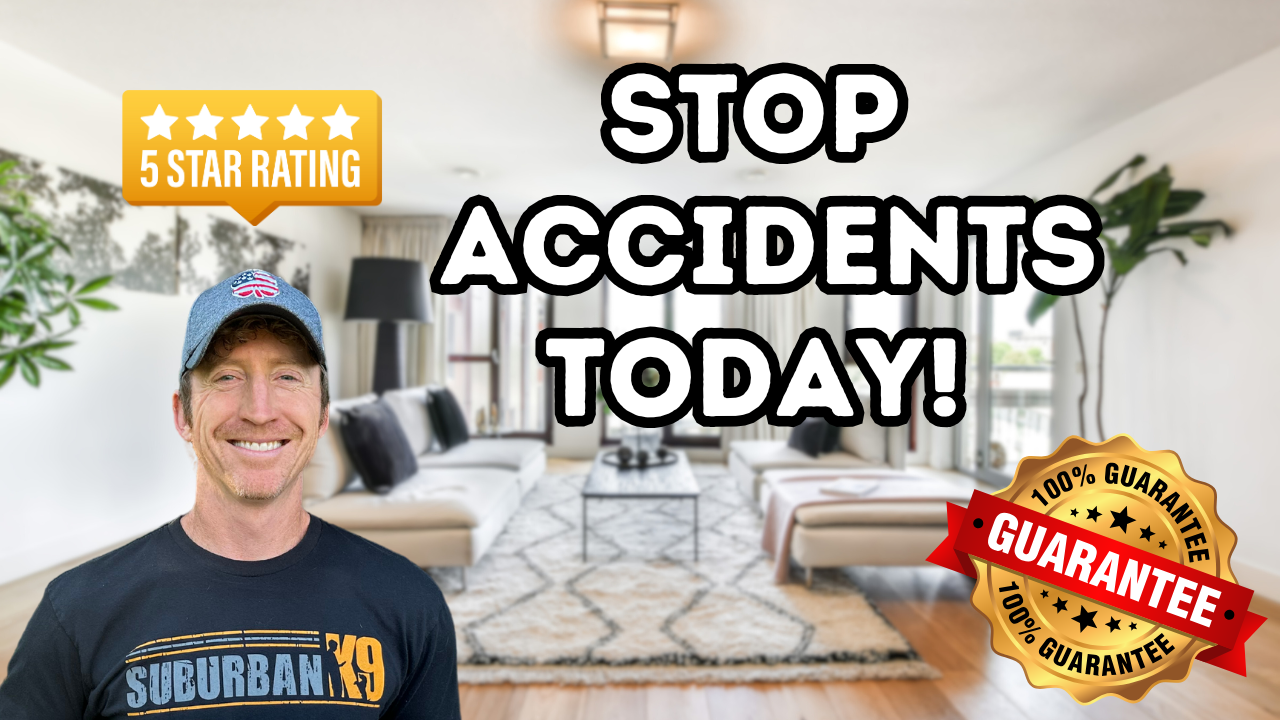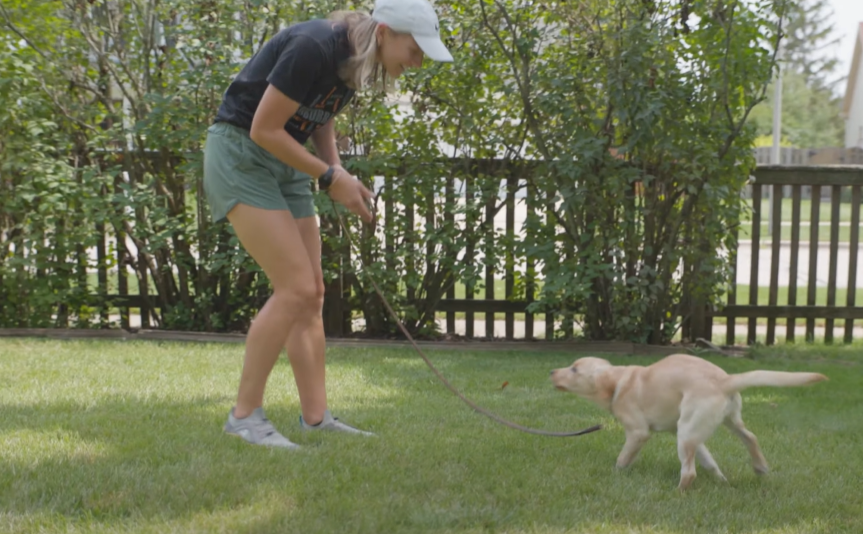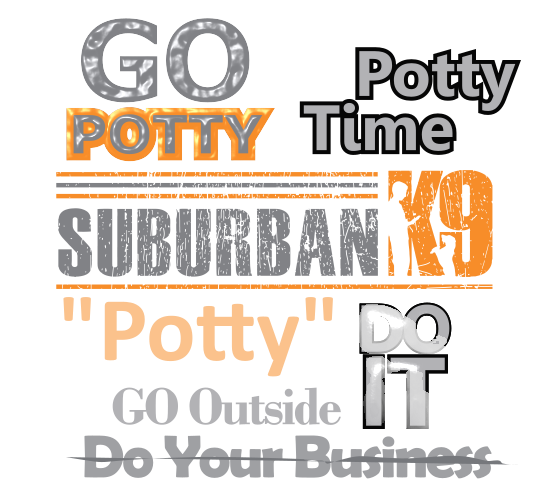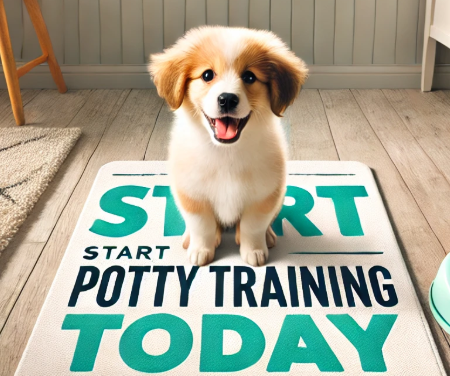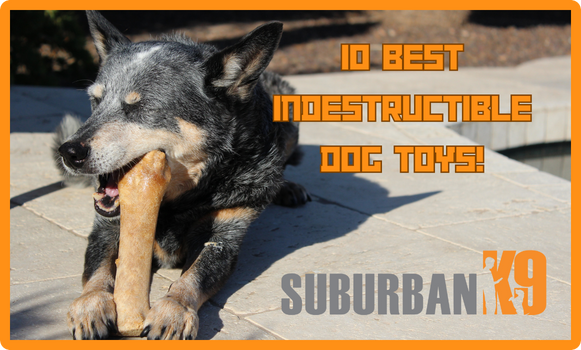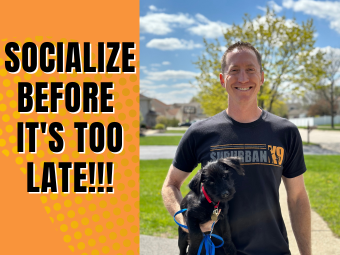Potty Training a Puppy Has Never Been This Easy - With These Expert Tips
There are a lot of great options to potty train a puppy! The most important thing when teaching your pup is to pick a method and stick with it! The problem with choosing a method is that there is all kinds of potty training information online and you can find an article saying pretty much anything.
The easiest way to potty train your puppy is to enroll in our online potty training program! It is only $29.99 and gives you hours of instruction, written materials, and real life examples. We offer a money back guarantee because we know it will work for you!
Today we will explore some of the most common questions about potty training a puppy that we hear from our clients. Our dog trainers will provide insight and tips on each question and teach you how to potty train your pup!
What is the fastest way to potty train a puppy?
The fastest way to potty train a puppy is to find a good method, stick with it and be 100% consistent! Each unseen accident is a huge setback that makes your job harder and can confuse your young puppy. Avoiding accidents and being consistent leads many customers to having a potty trained puppy in as little as 2 weeks.
We believe in using a potty log to understand when your puppy needs to relieve themselves and then building a custom schedule to ensure that you are taking your dog outside at the appropriate time.
At what age should a puppy be fully potty trained?
According to WebMD it typically takes 4-6 weeks to fully potty train a puppy. That being said, the real age that your puppy should be fully potty trained will depend on a lot of factors. It is important to understand that every dog matures and advances at a different rate. Just because your neighbor's dog was potty trained at 3 weeks doesn’t mean that yours will be. Here are some important factors that play into what age your puppy will be when they are fully potty trained:
- Size of your dog and breed
- When you start potty training
- Medical issues that can Impact
The most important factor in getting your pup fully potty trained is to start potty training from the very beginning and be consistent. We recommend taking our Potty Training Academy before you get your pup. This will allow you to start day 1 and take all the steps necessary to get your pup fully potty trained.
The size of your puppy will impact the length of time that they can hold their potty. This generally leads to people feeling like it takes longer to fully potty train a puppy that is a small dog. Their bladder is smaller and they will tend to need to go more frequently when they are young. Additionally, if your pup goes through a UTI, this can cause a major setback in getting your dog fully potty trained.
What is the 10 minute rule for potty training?
There are a lot of guidelines, “rules” and recommendations when it comes to potty training your puppy. The 10-10-10 rule or the 10 minute rule is a plan where you give the dog 10 minutes in the yard with 10 feet of potty area for 10 minutes of supervised potty training time. We don’t have any opposition to the 10 minute rule, but we don’t find it to be needed.
The most important thing is to have a plan and to be consistent! If you find the idea of a 10 minute timer to be helpful, then go for it! That being said, most of our clients want a little more flexibility and will stay outside for longer and give the dog a lot more freedom when the weather is nice and they have time and then give less time if they are busy working from home and have to jump back on a zoom call.
We prefer clients to create a custom potty schedule for their dog and their lifestyle so that they can potty train their puppy quickly with the smallest amount of stress and annoyance possible. In our Potty Training Academy we have example schedules that you can easily modify to your lifestyle.
How do you stop a puppy from peeing and pooping in the house?
You stop your puppy from peeing and pooping in the house by watching them closely and taking them outside at the correct times. This means you need a good potty schedule and potty log to know when they need to go out and you also need a good method for supervising them in the home.
We use a combination of crates, pens, good old fashioned following them around and occasionally the tethering method to ensure we know exactly what our puppy is doing at all times.
It is also important that you praise them for going outside and to correct them for going inside.
Some people will tell you to never correct a puppy for peeing or pooping in the house, but if you don’t correct them how will they know it is wrong? If you simply ignore accidents and hope they stop you are in for some serious disappointment and you will probably have a very confused puppy!
When correcting a puppy for going to the bathroom in the house make sure your correction is appropriate for your dog. The goal is to make it clear you don’t like what they just did without scaring them! Too mild of a correction will be pointless and too stern of a correction is not fair to your puppy.
What not to say when potty training?
Many puppy owners ask us what not to say when potty training. We always find this interesting because we actually coach clients on what to say rather than what not to say! There are no words that you cannot use or say when potty training as long as you are not frustrated or angry.
Many people take their dog outside to a grassy area and then tell them “potty”. The idea is that the dog will make associations with that spot and understand what the word means. This can work well, but in our online potty training class we dive into some better ways to handle this. We actually prefer to use our “potty word” inside the house to link a chain of behaviors in the dog.
If you are looking for alternatives to "Go Potty", check out this list of alternative potty words on Reddit
Should I carry my puppy out to pee?
There are times we recommend carrying your puppy out to pee and times we don’t recommend it! The time it is essential to carry your puppy out to pee is when they are very young (8-9 weeks) and they have been in the crate overnight or for a long period. It will be almost impossible for most young puppies to make it to the door without peeing in this situation.
If your dog is older than 8-9 weeks or they haven’t been in the crate for very long it is much less important to carry them outside.
There are also times when where it is essential that you stop carrying your puppy outside to pee! We want them to learn their “potty word” and to understand to go to the door on their own. If you don’t start working on that behavior in a purposeful manner it will take forever to potty train a puppy! Once your dog is over 9-10 weeks it should be very rare that you carry them outside to pee.
Things you will need to Potty Train a Puppy
We have compiled the most important things you will need for your puppy potty training journey!
In our detailed Potty Training Academy we will go over all the things you need and even the things that you don’t necessarily need. We will talk about using bells for potty training and if you should or shouldn’t use potty pads.
To get a look at what we talk about when it comes to potty training a puppy with bells, check out our Youtube video that covers the entire subject.
Should You Use Treats to Potty Train?
Should you use treats to potty training a puppy? This is the classic “it depends” answer. It really depends on you and your dog. We rarely potty train puppies with treats, but this is due to the fact that we spend a lot of time acclimating puppies to praise.
When you first get a puppy they generally don’t care much about verbal praise, they don’t know it is meant to be a good thing! That being said, puppies come to us loving food and enjoy treats on day one. This causes a lot of people to take the easy way out and always reward their pup with treats because it is so easy.
We play with our puppies and train them from day one with lots of verbal praise followed by physical praise. After a short period of time they start to enjoy the verbal praise as much as a treat and this will come in useful later in your training!
Don’t worry, if you decide to use treats while potty training a puppy there is no real problem. It is just not the best way of going about it.
Should You Use a Crate to Potty Train a Puppy?
The answer is pretty much always going to be YES! One of the most important parts of using a crate to potty train is making sure that it is properly sized for your puppy. We have an entire article on how to size a crate for your puppy. Following this advice will help ensure that your pup isn’t having potty accidents inside the crate.
What is the hardest day of potty training?
The hardest day in your potty training journey will be the day before you start training. Many people don’t have a potty training plan in place before they get started. This means that when they get their puppy home they are struggling with accidents and trying to find a solution that works.
Make sure to have a plan in place before you get your pup! If you are already past that point, don’t worry! You can start to feel some of the relief you are looking for by taking our Potty Training Academy. It will get you headed in the right direction with your pup, regardless of where you are in your potty training journey.
What is the most successful potty training method?
Ok, we are a little biased here! Without a doubt we consider the SK9 Potty Training Academy to be the most successful way to potty train a puppy. We have trained over 20,000 dogs and have used that knowledge to create our online course. It works for all ages and all breeds of dogs. Remember that potty training is not rocket science, but you do need a method that works that you can be consistent with! We offer a money back guarantee because we know that our potty training course will work for you!
The article above contains Affiliate Links from Amazon and other companies. If you visit their site and buy the product, we will get a small commission. Please know that we only recommend products we love and would never recommend a product we think is less than great. We look at and try hundreds of products before we ever recommend them to our clients!
